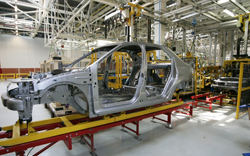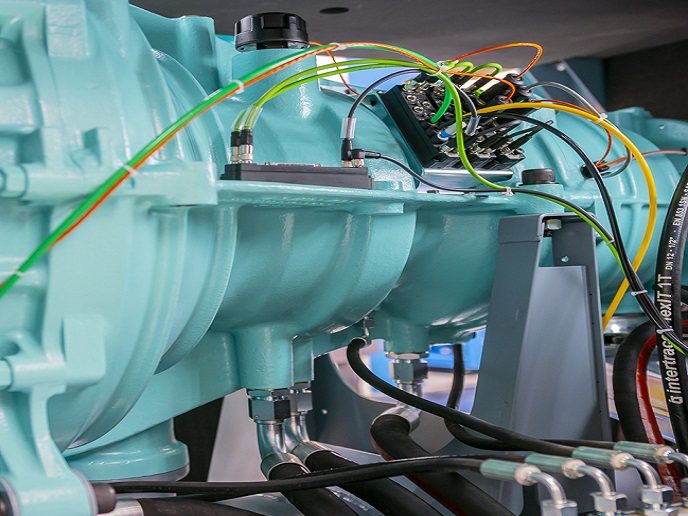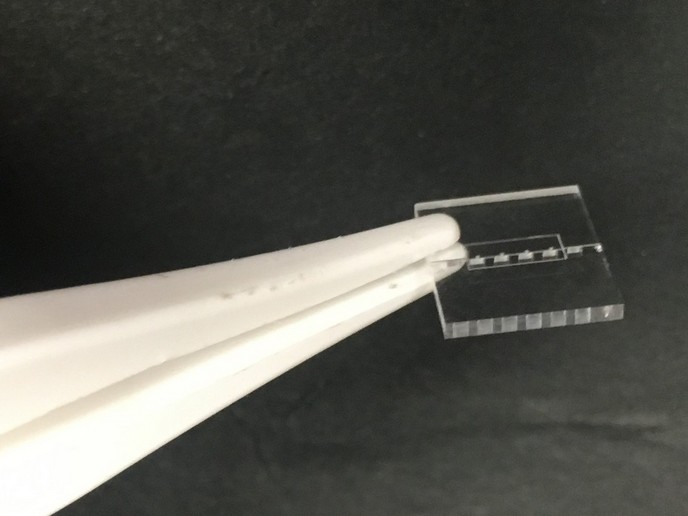Fast, effective manufacturing of small, complex parts
Scientists initiated the EU-funded project 'Intelligent manufacture from powder by advanced laser assimilation' (Impala) to develop laser-based rapid manufacturing (RM) processes. The goal was to facilitate a significant increase in annual turnover among small and medium-sized enterprises (SMEs) by decreasing product delivery time for complex parts with small-scale features (in the order of micrometres to millimetres). RM processes build a part by layering. Lasers can be used to melt small amounts of materials in a precise manner and with minimal heat input. The Impala system consisted of several key components focused on computerised automation and control of laser additive manufacturing processes (LAMPs). Computer-aided design (CAD)/computer-aided manufacturing (CAM) and computer numerical control (CNC) transformed the design into manufacturing instructions to control the laser sintering and direct metal deposition processes. Two complete Impala systems were installed, one using blown powder technology and the other powder bed technology. Three demonstrators produced for the Impala project achieved impressive reduction in cycle times compared to conventional manufacturing. A valve seat cladding was produced with a 25-second cycle time using the laser deposition process. Fast and accurate manufacturing requiring very little post-processing and with very little material waste resulted in an estimated 20 % cost savings per part. Partners produced a Wilsident dental bridge using laser powder bed technology with an impressive cycle time of 30 minutes per part. Currently, such components are handmade, requiring intensive labour and up to two days for delivery. While some finishing is still required, the reduction in time is impressive. Finally, a metal leading edge (MLE) was produced using laser processing and milling with a significant reduction in cycle time, material waste and up 50 % decrease in cost. Impala demonstrated distinct advantages of LAMPs in cycle time, material usage and cost, particularly for small batches, miniature components and custom-made parts. Impala technology also facilitates interruption of manufacturing for corrective strategies. It is expected to have significant impact on the aerospace, automotive and medical sectors, among many others.







